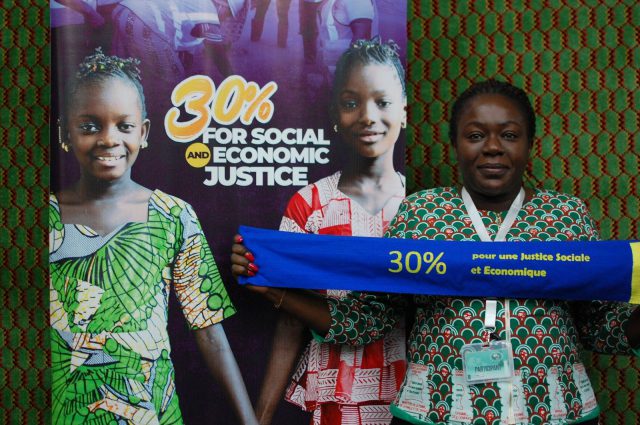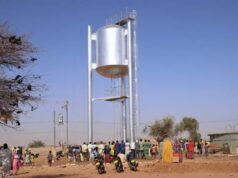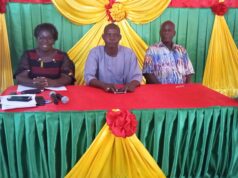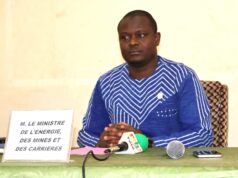-All countries have legal and policy frameworks that support the integration of gender
-But gender has not been integrated into the extractive sector legislation
-OXFAM is supporting its partners’ advocacy for 30% of mining revenues to be directed to communities to strengthen women’s economic and social empowerment and girls’ education
-African Union Heads of State sensitised
OXFAM launched on 12 July 2020 in Lusaka, Zambia the advocacy campaign: “30% of extractive sector development funds to strengthen women’s economic and social empowerment and girls’ education”.
The Publish What You Pay (#PWYP) Coalition participated in the launch and shared its experience on the issue.
Mining Revenues: Influencing Gender Budgeting
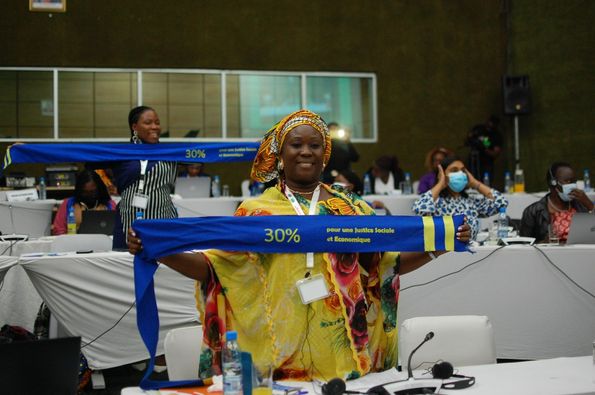
The launch took place on the sidelines of the 4th meeting of the Gender is My Agenda Campaign (GIMAC) which took place on 11-12 July 2022 on the theme: “Promoting women’s access to economic resources to strengthen our continent’s resilience to nutrition”. This 4th GIMAC meeting was organised with the African Union (AU) and the Regional Economic Communities (RECs).
OXFAM, which already supports the implementation of the campaign: “30% for economic and social justice for women and girls”, took the opportunity to launch the campaign. The launch provided an opportunity to inform and sensitise women’s movements around GIMAC about the situation of women and girls impacted by the exploitation of natural resources and their status in the revenue sharing chain. It also served as a framework to sensitise the African Union authorities on the importance of gender budgeting in the context of revenue sharing from the extractive sector and the establishment of a regional policy aimed at taking into account women’s concerns in the redistribution of revenues from the extractive sector.
PWYP moderated the campaign launch panel. On this occasion, she presented PWYP’s experience in advocating for transparency and equity in extractive revenue sharing. As a reminder, since 2018, PWYP West Africa has been mainstreaming gender in transparency in the extractive industries. Through the implementation of a project on gender and extractive industries in three countries, Burkina Faso, Guinea and Senegal, PWYP has conducted a gender scan in the implementation of the Extractive Industries Transparency Initiative (EITI).
PWYP shares its experience on transparency and equity in extractive revenue sharing
This scan noted that all countries have a favourable legal and policy framework for gender integration. Despite this, PWYP noted that little attention is paid to gender in the legal and policy texts adopted in the mining sector (mining codes and their application texts, local content to increase the market share of national companies in the purchases of extractive companies, local employment, etc.), a low presence of women in the mining sector, and a lack of transparency in the distribution of revenues. ), low presence of women in extractive sector jobs, low presence of women in political and administrative governance bodies of the extractive sector, low access of women to information on the extractive sector, low consideration of women among beneficiaries in the sharing of mining revenues, low documentation of women’s efforts in the extractive sector, low documentation of countries’ gender efforts in the extractive sector, etc.
Yet women are impacted differently by mining than men. In order to overcome these shortcomings, PWYP has carried out advocacy at the international level that has resulted in the integration of gender into the implementation of the EITI process.
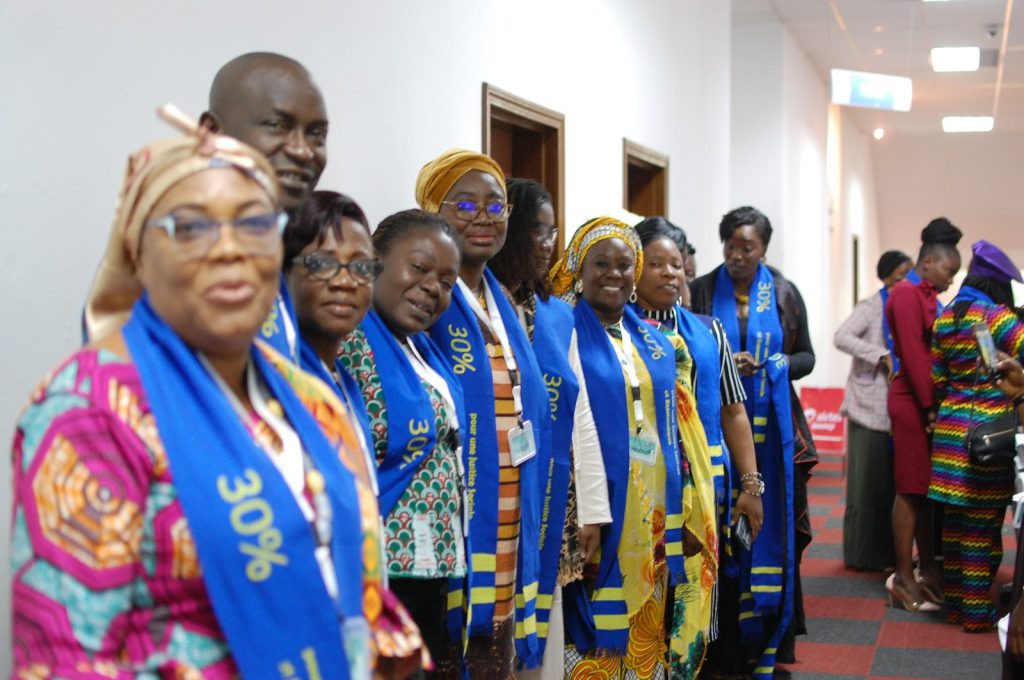
At the national level, member organisations of the coalition are advocating for a portion of the resources of the funds created to support local development to be reserved for projects benefiting women, hence the advocacy campaigns “30% of mining revenues for local development to women” and the strict application of the provision “20% of the mining fund to be allocated to women and youth”. This advocacy is already bearing fruit in some countries.
Through this project, PWYP has come to the conclusion that advocacy can bring results where laws and political agendas are silent.
The GIMAG meeting was held ahead of the African Union Heads of State Summit in Lusaka on 17 July 2020. The conclusions of the meeting were taken to the African Union Heads of State Summit.
Pierre Balma



